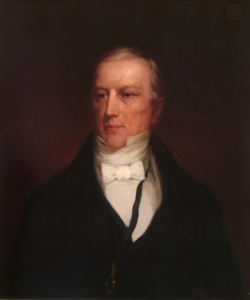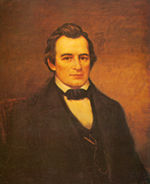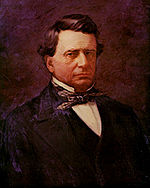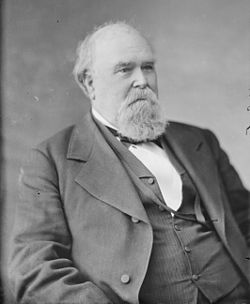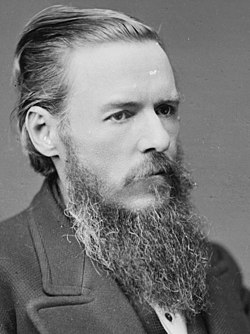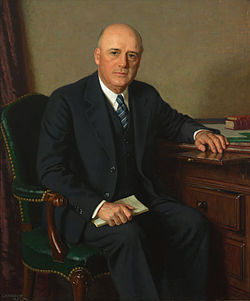House Democratic Caucus | |
|---|---|
 | |
| Part of | United States House of Representatives |
| Floor Leader | Hakeem Jeffries (NY–8) |
| Floor Whip | Katherine Clark (MA–5) |
| Chair | Pete Aguilar (CA–33) |
| Ideology | Liberalism |
| Political position | Center-left |
| Affiliation | Democratic Party |
| Colors | Blue |
| Seats | 213 / 435 |
| Website | |
| dems | |
| This article is part of a series on the |
| United States House of Representatives |
|---|
 |
| History of the House |
| Members |
| Congressional districts |
| Politics and procedure |
| Places |
The House Democratic Caucus is a congressional caucus composed of all Democratic representatives in the United States House of Representatives, voting and non-voting, [1] and is responsible for nominating and electing the Democratic Party leadership in the chamber. In its roles as a party conference, the caucus writes and enforces rules of conduct and discipline for its members, approves committee assignments, and serves as the primary forum for development of party policy and legislative priorities. It hosts weekly meetings for these purposes and to communicate the party's message to members.
Contents
- Current hierarchy
- Leadership history
- Leaders of the House Democratic Caucus
- Notes
- List of chairs
- List of vice-chairs
- List of secretaries
- See also
- References
- External links
When the caucus holds the majority of seats, it is usually led by the speaker of the U.S. House of Representatives who is assisted on the floor by the House majority leader and the party's chief whip. When in the minority, it is led by the House minority leader, assisted by the chief whip. The caucus has a Caucus chairman and Caucus vice-chair (formerly called the secretary). For the 119th Congress, Hakeem Jeffries was elected as the minority leader, Katherine Clark became the minority whip and Pete Aguilar was chosen as the Caucus chairman.
